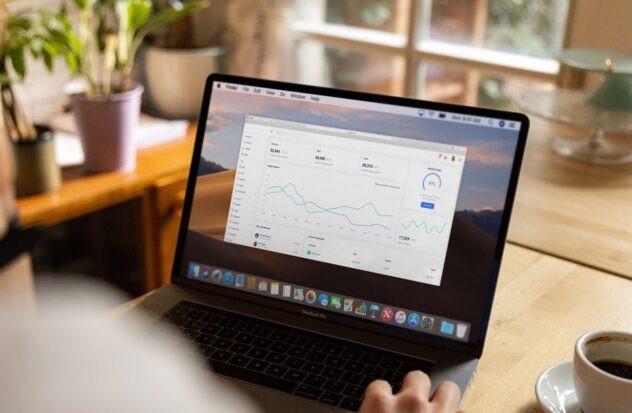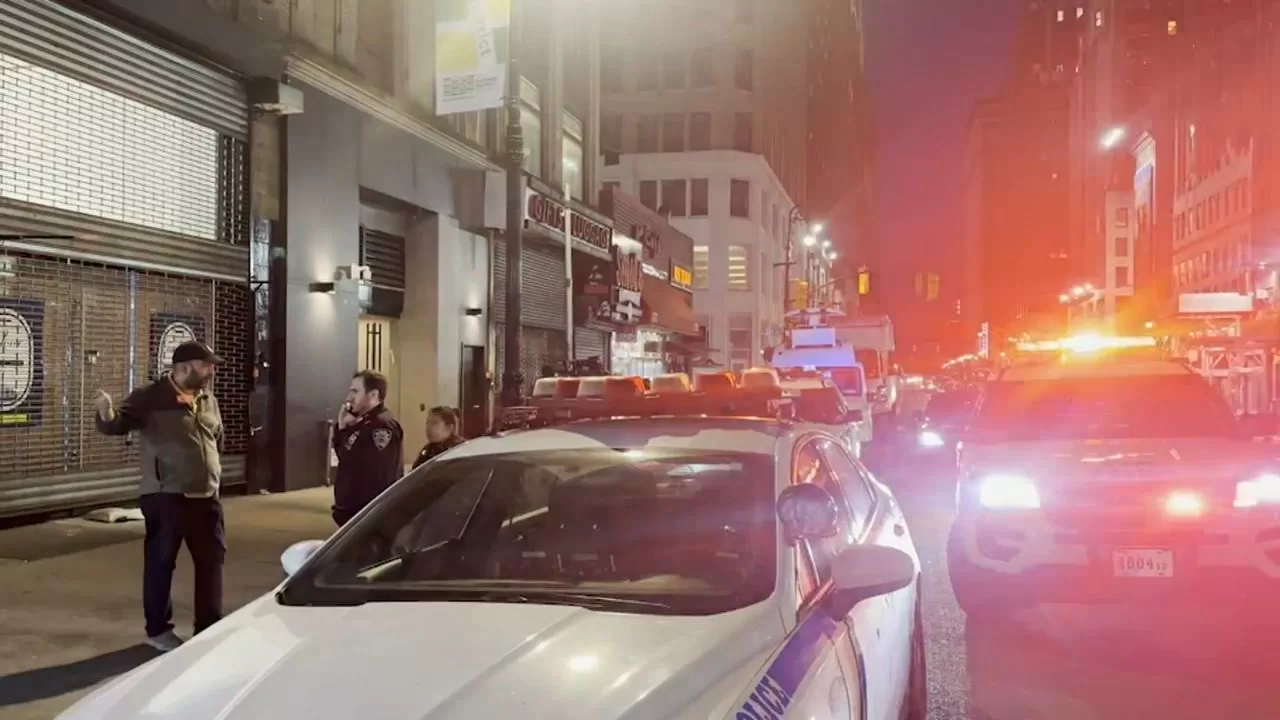MIAMI.- A new study reveals that remote work could reduce hundreds of millions of tons of carbon emissions from car travel, but at the cost of billions of dollars lost in public transportation revenue.
Using the latest data on remote work and transportation behavior since the pandemic disrupted work patterns, researchers from the University of Florida, the Massachusetts Institute of Technology and Peking University revealed how cities could meet their sustainability by promoting remote work.
So the picture is very complicated and whether the effects are positive or negative depends on the stakeholders, the study reveals. Researchers found that a 10% increase in remote working could lead to a 10% drop in carbon emissions from the transportation sector, or almost 200 million tons of carbon dioxide per year in the US thanks to fewer car trips. But the same share of remote work would reduce transportation fare revenue by $3.7 billion nationally, a whopping 27% drop.
Around 14% of the workforce works exclusively from homebut up to half of all workers can work remotely at least part of the time, according to different surveys.
Less energy consumption
“Transportation agencies should be very concerned,” said Shenhao Wang, Ph.D., a professor of urban planning at UF who supervised the new study. “However, overall we would expect lower energy consumption due to reduced car travel.”
Urban planners have long considered remote work as a way to reduce traffic congestion and carbon emissions.. But before the COVID-19 pandemic, it was difficult to analyze the effects of remote work because few employees worked from home. The rapid increase and continued investment in remote work brought on by the pandemic finally allowed researchers the opportunity to see how the trend affects urban mobility.
The new study covered the period from April 2020 to October 2022 and included Google data on remote work patterns, along with data from the Federal Highway Administration for car trips and a national database on ridership. by public transport.
Vehicle use is minimized
“People mainly rely on public transportation to get to work. When people start working from home, their need to travel is greatly reduced. Therefore, a large portion of public transportation use was no longer necessary,” said Yunhan Zheng, Ph.D., a postdoctoral researcher at MIT and lead author of the new paper.
“On the other hand, many people depend on vehicles to get around in addition to getting to work. They go shopping, go to restaurants and leisure activities. “Those activities may not necessarily go away when people work from home.”
Due to these differences between driving and traffic behavior, “this can present a challenge for traffic agencies in terms of their financial sustainability, so they may need to take some measures to address this. For example, they could provide more services during off-peak hours in residential areas to better serve remote workers,” Zheng said.
Zheng, Wang and their collaborators published their findings in Nature Cities. Researchers plan to continue analyzing the effects of remote work on urban mobility as new data becomes available and employment trends move beyond the immediate effects of the pandemic.
Source: UNIVERSITY OF FLORIDA






